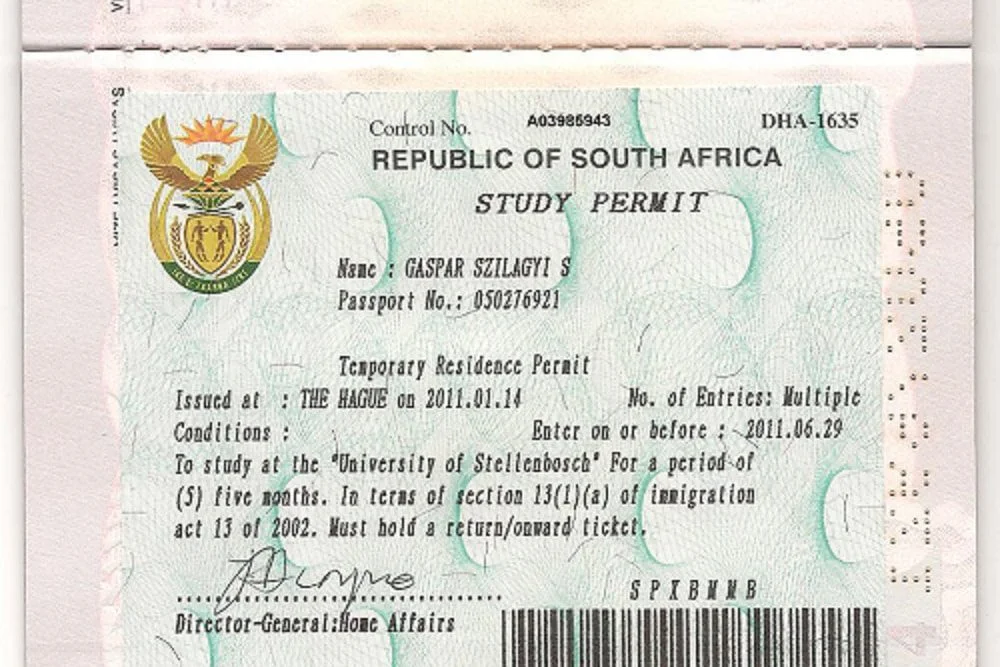South Africa recently announced a new visa scheme designed to attract more tourists from key markets, particularly China and India.
This move is part of a broader strategy to boost the country’s tourism sector, which was significantly impacted by the global pandemic.
By easing visa restrictions and making the process more streamlined, South Africa hopes to regain and expand its share of international tourists, particularly from two of the world’s largest outbound travel markets.
China and India have been identified as high-potential markets due to their growing middle class and increased interest in international travel.
Historically, these travelers have faced challenges with South Africa’s visa requirements, which hindered the country from fully capitalizing on these markets.
The new visa regime is expected to simplify and expedite the visa process, making it more accessible for tourists from these nations, who bring valuable economic contributions through tourism.
In addition to boosting tourist arrivals, this new visa scheme aligns with South Africa’s broader economic goals, which include enhancing its appeal as a global travel destination.
The scheme is expected to reduce barriers that previously discouraged tourists and will likely encourage more travelers to visit the country’s diverse landscapes, wildlife reserves, and vibrant cities.
Furthermore, this initiative also reflects South Africa’s efforts to compete with other African nations, many of which have already implemented more relaxed visa policies to attract foreign tourists.
The government hopes that this change will stimulate growth in the tourism industry, create jobs, and contribute to the recovery of sectors tied to hospitality and travel.
This visa reform could also lead to increased business travel and investment from China and India, strengthening diplomatic and economic ties.
South Africa’s tourism ministry is optimistic that this will enhance its appeal not just as a tourist destination but also as a hub for international business and leisure.























